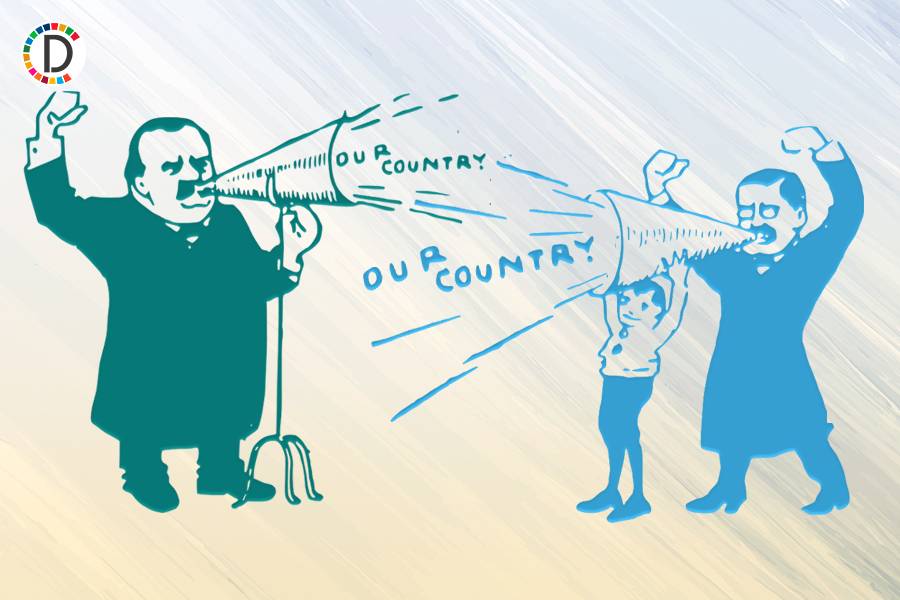Democrats' bill to raise U.S. debt limit clears first House hurdle
Even if the measure passes the Democratic-controlled House when it votes on the full bill later on Tuesday, it faces a major roadblock in the Senate, where Republicans have vowed to oppose it. House Speaker Nancy Pelosi and Senate Majority Leader Chuck Schumer set the stage for a showdown with Republicans on Monday when they said they would combine spending and debt measures in one bill, despite Senate Republican Leader Mitch McConnell's vow to block an increase in the $28.4 trillion debt ceiling.

A Democrat-backed bill to fund the U.S. federal government through Dec. 3 and suspend its borrowing limit until the end of 2022 cleared a House of Representatives procedural vote on Tuesday, advancing to a final debate and vote. Even if the measure passes the Democratic-controlled House when it votes on the full bill later on Tuesday, it faces a major roadblock in the Senate, where Republicans have vowed to oppose it.
House Speaker Nancy Pelosi and Senate Majority Leader Chuck Schumer set the stage for a showdown with Republicans on Monday when they said they would combine spending and debt measures in one bill, despite Senate Republican Leader Mitch McConnell's vow to block an increase in the $28.4 trillion debt ceiling. On Tuesday, McConnell reiterated that vow. But he also said:
"I want to repeat once again: America must never default. We never have and we never will." Speaking to reporters, McConnell added, "The debt ceiling will be raised, as it always should be. But it will be raised by the Democrats."
Democrats likely have the votes to pass the measure in the House. If it fails to win Republican support in the Senate they would have to pass it through reconciliation, a maneuver that gets around the Senate's rule that 60 of the chamber's 100 members approve must legislation. They also plan to use that strategy to pass President Joe Biden's $3.5 trillion domestic investment plan.
"Playing games with the debt ceiling is playing with fire and putting it on the back of the American people," Schumer said in a speech. Congress faces a Sept. 30 deadline to approve stop-gap funding that would avert partial government shutdowns with the start of the new fiscal year on Oct. 1.
Sometime in October, the Treasury Department will exhaust its borrowing authority unless the debt limit is raised. The bill would suspend the limit on government borrowing through December 2022.
The current debt ceiling already has been breached, with debt at $28.78 trillion. It is being financed temporarily through Treasury Department "extraordinary measures" that are projected to be exhausted in October. As Congress hurtles toward a possible partial government shutdown if a deal is not reached, Democrats and Republicans both have warned of dire consequences, including eventual disruptions in benefit checks to veterans and Social Security retirement recipients.
Republicans said they would support a temporary spending bill to avert a shutdown if the debt limit extension were stripped out of the bill. Schumer said a historic breach in borrowing authority could ripple through the U.S. economy, raising consumer interest rates and possibly forcing state governments to raise taxes to cover their higher interest payments.
"Republicans simply don't have to vote to force a default," Schumer said. Republicans argued that while they do not want a debt default, they do not support increasing the borrowing limit at a time when Democrats aim to pass such a huge amount of new domestic spending - programs Democrats say will be paid for with tax increases on the wealthy and corporations.
"The bill that Speaker Pelosi is bringing through this week will not become law. They're going to have to go back to the drawing board," No. 2 House Republican Steve Scalise told a news conference. Schumer said much of the latest debt is related to spending that Republicans supported during Donald Trump's presidency, including last December's emergency COVID-19 relief bill.
If the House narrowly passes the legislation and it is then defeated in the Senate, lawmakers would have to come up with a new strategy or face the twin problems of a government in partial shutdown that is unable to pay its bills and the risk of a default for the first time in modern history.
(This story has not been edited by Devdiscourse staff and is auto-generated from a syndicated feed.)
ALSO READ
Joe Biden wins the Democratic presidential primary in Connecticut, reports AP.
Joe Biden wins the Democratic presidential primary in Rhode Island, reports AP.
Joe Biden wins the Democratic presidential primary in New York, reports AP.
Joe Biden wins the Democratic presidential primary in Wisconsin, reports AP.
Sports News Roundup: Basketball-Iowa-LSU most-watched women's college basketball game on record; ATP roundup: American qualifier upsets fifth seed in Morocco and more










